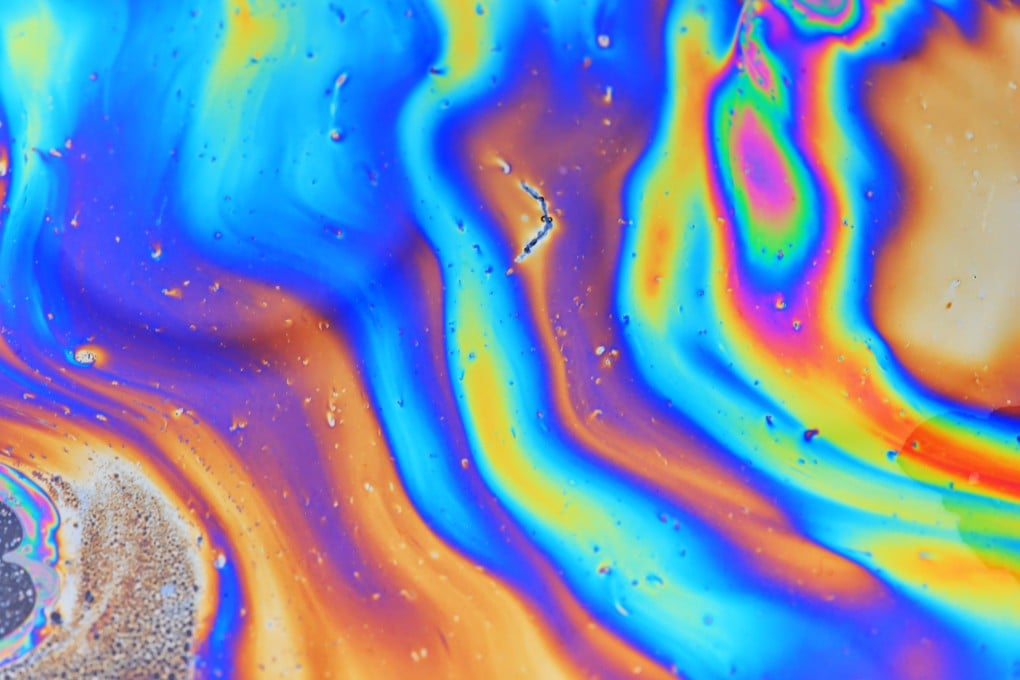China scientists crack oil-water recycling in potential green win for industry
Unlike traditional methods that retrieve one ingredient from an emulsion, study outlines system that saves both

The researchers achieved simultaneous oil and water recovery of up to 97 per cent and 75 per cent, respectively, with purity levels approaching 99.9 per cent for both, according to the study published on Friday by the peer-reviewed journal Science.
The record-breaking result was achieved using a Janus Channel of Membranes (JCM) – named after the ancient two-faced Roman god to reflect its dual-purpose design. Traditional separation technologies typically recover only oil or water.
According to co-authors Yang Haocheng, Zhang Chao and Xu Zhikang from Zhejiang University, the JCM consists of a water-attracting membrane and one that repels water, arranged to create a confined channel between them.
The oily-water mixture is pumped into the channel, where water is drawn through the hydrophilic membrane while oil is channelled to the hydrophobic membrane for collection, the paper said.
Industries such as petrochemicals, metallurgy, food production and pharmaceuticals generate vast quantities of oily waste water – particularly emulsified waste water that has been stabilised by surfactants and is among the hardest to treat.
